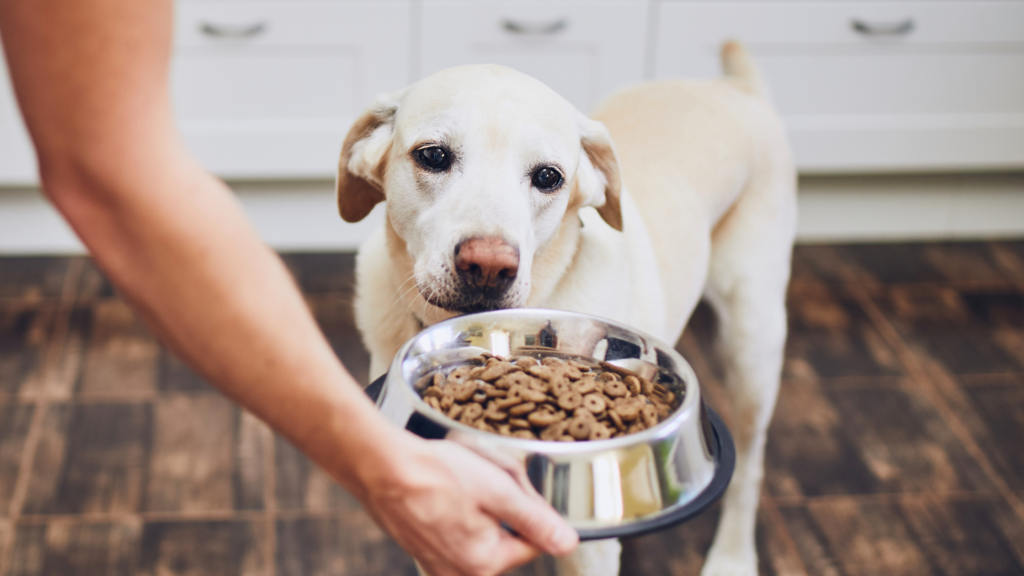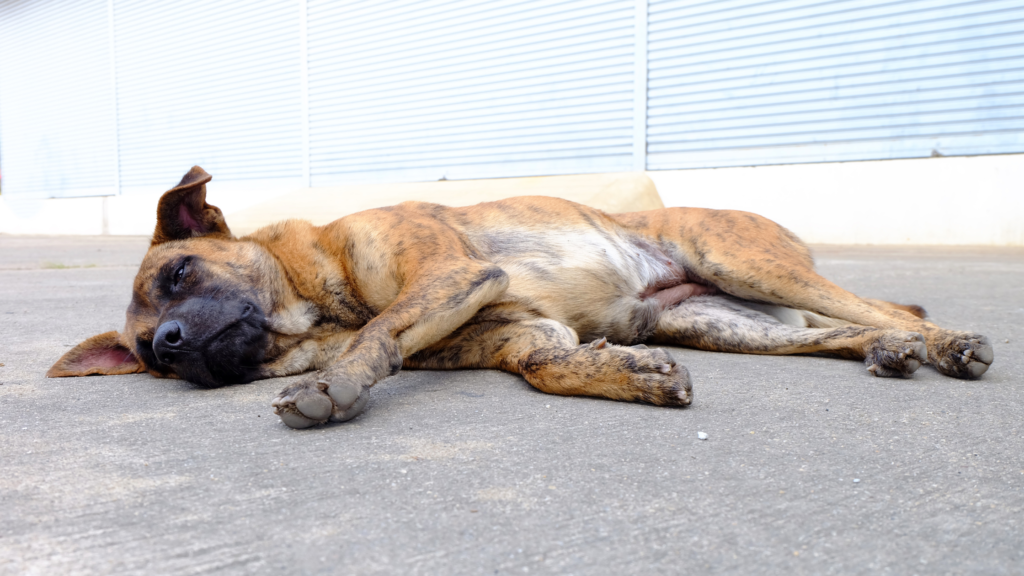This article is courtsey of Doo Doo Squad Poop Pick Up Company in El Dorado Hills CA
Dogs, much like humans, can experience periods of depression. Understanding the signs and causes of dog depression can help you provide the necessary care to improve your dog’s mental health and overall well-being. This article will explore the symptoms, potential causes, and various treatment options for dog depression.
Recognizing the Signs of Dog Depression
Recognizing dog depression is the first step towards helping your furry friend. Here are some common signs to watch for:
Changes in Behavior
One of the most noticeable signs of depression in dogs is a change in behavior. This can include a loss of interest in activities they once enjoyed, such as playing fetch or going for walks.

Image Credit: Chalabalaphotos
Altered Eating Habits
Depressed dogs may experience a change in appetite. Some may eat significantly less, leading to weight loss, while others might overeat as a form of comfort, resulting in weight gain.
Sleep Pattern Changes
Dogs experiencing depression might sleep more than usual, or they might have trouble sleeping at all. These changes in sleep patterns can be a red flag indicating an underlying issue.
Withdrawal
A depressed dog may become more withdrawn and less social. They might hide away or avoid interacting with family members or other pets.
For a more comprehensive list of symptoms, you can visit PetMD.
Potential Causes of Dog Depression

Image Credit: S_star2014 from Getty Images
Understanding the potential causes of your dog’s depression can help you address the root of the problem. Here are some common causes:
Loss of a Companion
The loss of a companion, whether it be a human or another pet, can trigger depression in dogs. They may mourn the loss just as humans do.
Major Life Changes
Significant changes in a dog’s environment or routine, such as moving to a new home, a new family member, or a change in their daily schedule, can lead to feelings of insecurity and depression.
Chronic Pain or Illness
Chronic pain or illness can significantly impact a dog’s mood. Conditions like arthritis or other long-term health issues can cause discomfort and lead to depression.
Lack of Mental Stimulation
Dogs need mental stimulation to stay happy and healthy. A lack of toys, activities, or interaction can lead to boredom and, eventually, depression.
Treatment Options for Dog Depression
Once you’ve identified that your dog might be suffering from depression, there are several ways you can help improve their mental health.
Increased Exercise
Exercise is a natural mood booster for dogs. Regular walks, playtime, and engaging in physical activities can help elevate your dog’s mood and overall well-being.
Social Interaction
Ensuring your dog has plenty of social interaction can significantly impact their mood. This can include playdates with other dogs, visits to the dog park, or simply spending more quality time with you.
Mental Stimulation
Providing your dog with mental stimulation through interactive toys, puzzle feeders, and training exercises can help keep their mind engaged and prevent boredom.
Veterinary Care
In some cases, professional veterinary care might be necessary. A vet can help determine if there are any underlying health issues contributing to your dog’s depression and may recommend treatments such as medication or behavioral therapy.
Dietary Changes
Sometimes, adjusting your dog’s diet can help improve their mood. Ensuring they have a balanced diet with all the necessary nutrients can contribute to their overall health and happiness.
Comfort and Reassurance
Offering your dog comfort and reassurance can make a big difference. Spend extra time cuddling, petting, and talking to your dog to show them they are loved and safe.
Recognizing and treating dog depression is crucial for maintaining your dog’s mental health and overall well-being. By understanding the signs and potential causes, you can take the necessary steps to help your furry friend feel better. Remember to consult with a veterinarian for professional advice and treatment options tailored to your dog’s specific needs. With the right care and attention, your dog can overcome depression and return to their happy, energetic self.

